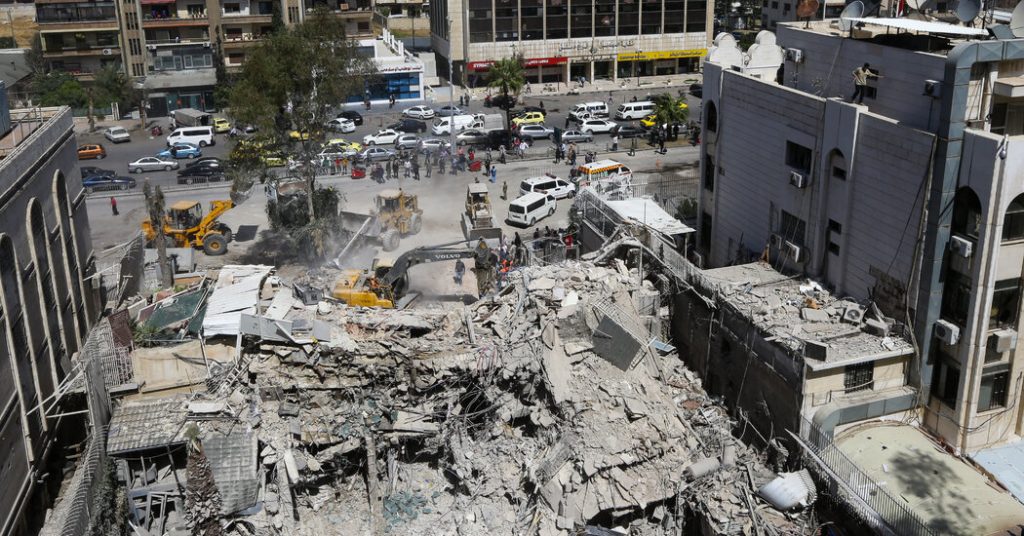Israel planned on conducting an airstrike that would have killed several senior Iranian commanders at Iran’s embassy complex in Syria. This information was communicated to the United States, catching them off guard. Israel’s actions were seen as aggressive against Iran without consulting Washington, and this resulted in tensions between the two allies. Iran retaliated by launching a barrage of more than 300 drones and missiles at Israel. This escalation highlighted the changes in the rules of engagement between Israel and Iran, leading to increased fears of all-out war.
Following the attack, U.S. and Israeli officials were initially caught off guard by the scale of Iran’s response and scrambled to revise their assessment. Despite efforts to de-escalate, fears of a continued retaliation cycle remain. U.S. officials were kept in the dark about the Israeli strike, creating discomfort, while Iran sent messages that it did not seek outright war. The events illustrate how the conflict dynamics have shifted, making it harder for each side to predict the other’s reactions accurately.
Israel’s planning for the strike in Syria started two months prior to the operation, with the target being a senior Iranian Quds Force commander. Despite preparing for potential responses, Israel miscalculated the intensity of Iran’s retaliation, which was larger than predicted. In light of escalating tensions, U.S. officials engaged in diplomatic efforts to prevent further escalation, including coordination with allies and intelligence sharing with Israel to anticipate Iran’s actions.
Iran publicly announced its intention to retaliate against the Israeli strike, but also conveyed privately that it did not seek a full-blown conflict. The U.S. government worked to convey its lack of involvement in the Israeli strike to Iran and emphasized its commitment to defending Israel against attacks. As the situation unfolded, international efforts were made to urge restraint on all sides, with Iran emphasizing that its attack was a proportionate response to Israeli actions.
Although Iran’s attack on Israel did not cause significant damage due to robust defense systems, concerns remain about potential further escalations. Israeli leaders contemplated retaliatory strikes against Iran but ultimately postponed decisions amid international pressure and limited damage. The situation highlights the complex dynamics and risks involved in the Israel-Iran conflict, where miscalculations and misunderstandings can easily spiral out of control. Ultimately, the world watches anxiously to see what Israel’s next steps will be in response to Iran’s actions.


